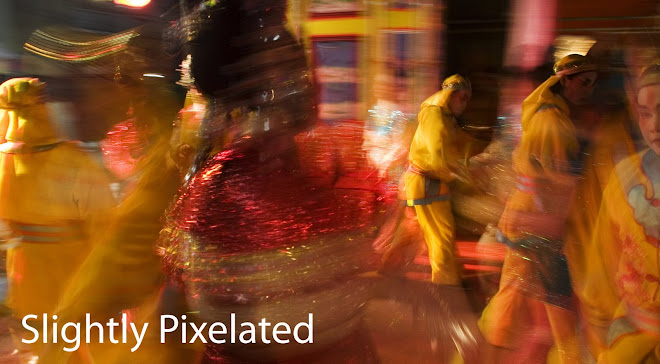There isn't a single word for 'passion' in Thai. "To like alot" (chob mak), "angry" (krort), "strong feelings" (kwam ruseuk khem) are some of the approximations that the Thai language uses to explain the concept of passion.
In some ways that Thai doesn't have a single word to match the palette of intense emotions summed up by the word 'passion' isn't surprising. Thailand is better known for its placidity and serenity; characteristics nourished by the teachings of Buddhism which warns its practitioners away from desire and anger - the very seeds of passion.
I remember arriving in Thailand for the first time in the mid 1980s. I had travelled from India and was immediately struck by the contrast between the chaos, noise and incessant movement of Bangkok and the calm equanimity of its inhabitants.
Where in India crowded buses had been seething, cacophonic anthills of sweaty humanity, in Thailand the same number of passengers crammed into non-air conditioned buses while seeming, almost, not to touch each other, with barely a voice raised and only the occasional bead of sweat as testimony to the stifling humidity.
Amidst the madness and intensity of Bangkok, where was the passion, I asked myself.
This is not to say, of course, that because the Thais don't have a specific word for passion or because in their daily lives manifestations of passion appear few and far between that the Thais lack passion. Far from it.
Passion is one of the fundamental ingredients of life anywhere. It is the emotional turbo charge that allows us to push beyond the boundaries of mediocrity. It is the psychological fuel that can propel us to excellence, to summits of devotion or to depths of destruction.
Though artfully hidden from view, one quickly becomes aware of the currents of passion flowing powerfully, sometimes frighteningly, beneath the beguiling tranquility of Thailand's 'mai pen rai' (never mind) exterior. Passion lurks here. The one truly un-tameable emotion that demands to be let loose is, for the most part, kept rigidly chained up.
And so when passion does break free the consequences are often terrible.
Last Sunday I attended the funeral of Nong Fai. Just twenty six, an only child and the love of her mother, Nong Fai threw herself in front of a speeding car. Her moment of mortal madness was spurred, friends told us, by an argument with her lover. In flash of irrational passion Nong Fai cast her young life into the oblivion.
Nong Fai's suicide was an extreme and violent gesture which appeared jarringly incongruous amidst the smooth, unruffled charm of Thai culture. Yet her brand of destructive passion is not uncommon here. It is too often echoed in stories recounted in the Thai press. Stories of jealous lovers driven to mutilation, murder and suicide.
Indeed, who could use any other word but 'passionate' to describe the intensity of the political movements which have been venting their fury in the streets of the capital these past weeks and months.
It is as though passion expressed, as it is so colourfully in Latin cultures, can be an almost poetic channel for love and desire, while passion repressed boils and churns like an explosive potion being reduced to one of it most fundamental elements: violence.
If only more Thais were allowed to set their passion free, this powerful emotional energy, today hidden and unnamed, could perhaps transform itself into ideas, into creativity and inventiveness.
As it is, battened down under layers of Buddhist propriety, Thailand's passion has but too few avenues of expression. It is a sad truth that when passion does eventually break loose here, its face is often dark and violent.

2 comments:
No word for passion in Thai?
http://www.thai2english.com/search/passion+
as trenchant and sensitive an insight into Thai character as anything I have ever read in mainstream media (i.e. the Economist). Thanks Ivan for your dedication
Post a Comment